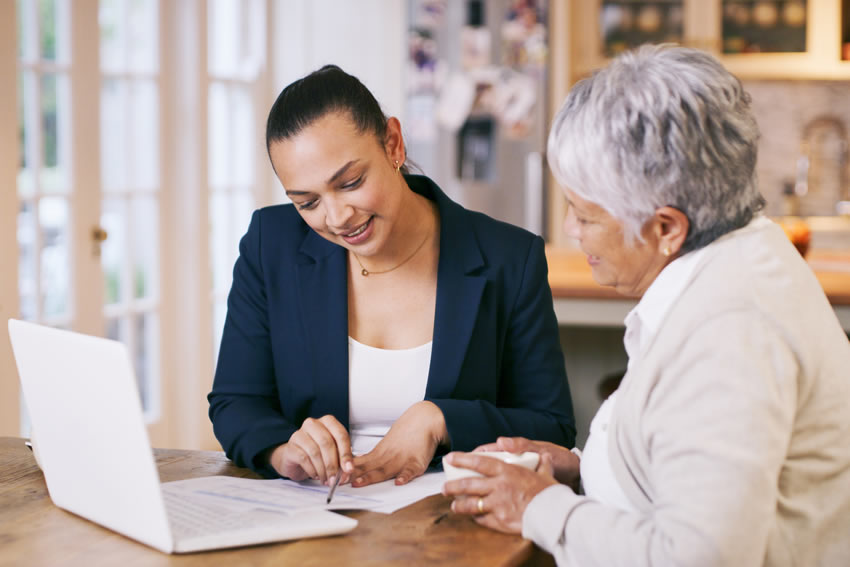
Once you have appointed us as your legal conveyancing lawyer, we will contact the seller's solicitor, who will provide us with a draft contract and relevant documentation. A form listing the fittings and contents will either be given to you or us at this stage. You will need to clarify this list.
Searches
We will make various searches, including enquiries with the local authority. These can help to reveal any planning issues affecting the property, such as road improvements and details of any planning permission granted on the property. We will also carry out flooding, mining and contaminated-land searches if necessary. If any of these searches show matters of concern, we will notify you. The HIP should contain the searches.
Leasehold Properties
If the property is leasehold (very common when buying a flat), there will be detailed lease terms and conditions. We will need to check these conditions and will also make enquiries with the seller's lawyer or the managing agents of the property about what service charges and management costs are applicable to you.
Survey Advice
If you are applying for a mortgage, your mortgage lender will need an independent valuation of the property. Usually, they will appoint their own surveyor to do this, but you will have to pay for it. Remember that this is a valuation and not a survey. You should consider appointing your own surveyor to carry out a survey on the property as it is up to you to satisfy yourself that the property is structurally sound before you buy it. If the survey reveals that building work is needed, you should notify us promptly as this may allow you to renegotiate the price.
Mortgage Deed and Terms
Your mortgage lender will also need a mortgage deed. You should read the mortgage deed, offer letter and mortgage conditions very carefully. The solicitors may confirm these with you at the time.
Signing the Contract
We will then report back to you on all the investigations we have made for you. We will finalise the terms of the contract and explain it to you. You then need to sign the contract and provide the deposit money - usually 10 per cent of the purchase price.
Exchanging Contracts
This is the crucial moment of the agreement between you and the seller. We will exchange contracts with the seller's solicitor so that you have the contract the seller has signed and the seller has the contract you have signed. Should you wish to withdraw from buying the property after this stage, you may incur financial penalties. We will also liaise with the seller's solicitors to confirm the date for completion of the sale.
Final Balance
Between exchanging contracts and completion, we will take the mortgage money from your lender and the rest of the money from you. This will include costs, VAT, Land Registry fees and stamp duty (if any). At this stage we will carry out final searches and make arrangements with the seller's solicitor for paying off any existing
mortgages on the property. We will also prepare the transfer deed and send it to the seller's solicitor for signing.
Completion
This is the final stage in the conveyancing process when we transfer your money to the seller and the keys are released to you. Your solicitor will pay the stamp duty and Land Registry fees for you and register your ownership at the Land Registry. This registers the interest of your mortgage lender and records you as the new legal owner of the property.
Related Legal Matters
Buying a property may introduce other related legal matters. For example:
- If you are buying a home with someone you are not married to, you may need to enter into a 'deed of trust' to setout what share of the property each person owns.
- If you do not have a will, you should consider making one.
- If you do have a will, you may need to update this.
In all of these cases our conveyancing department can offer you legal advice as part of our professional service.

